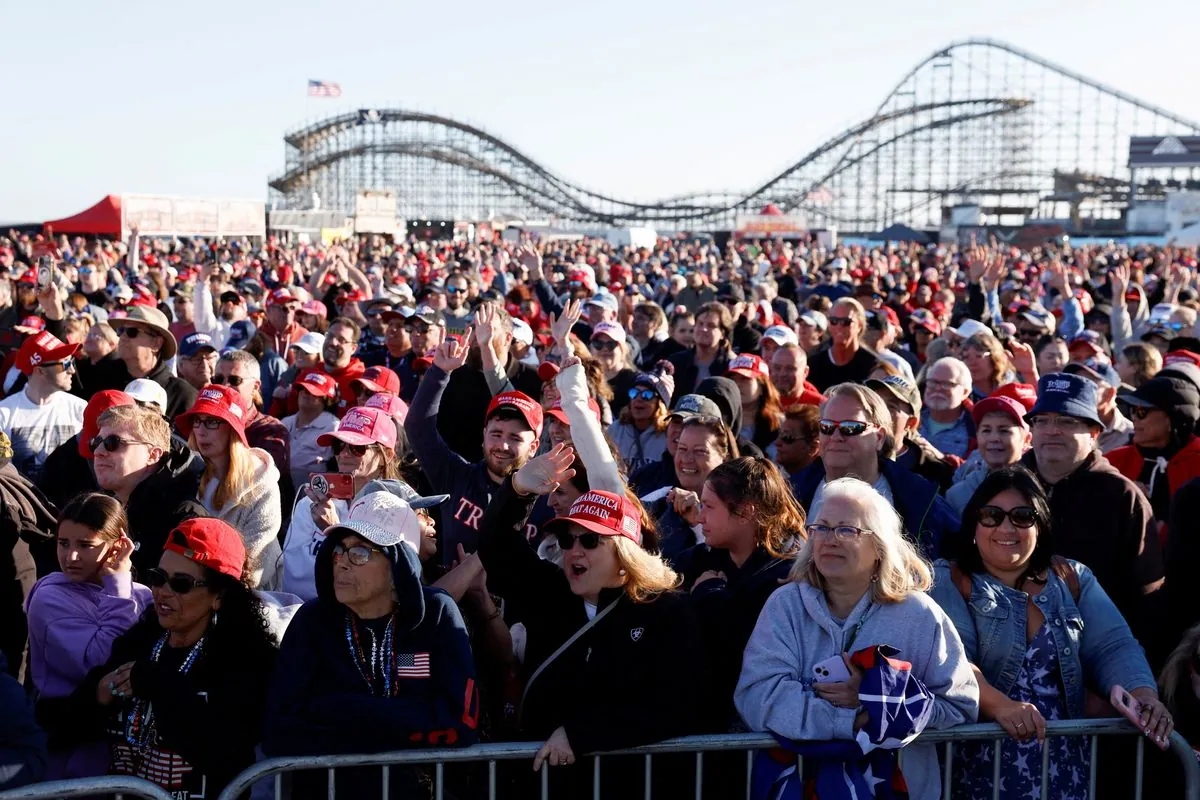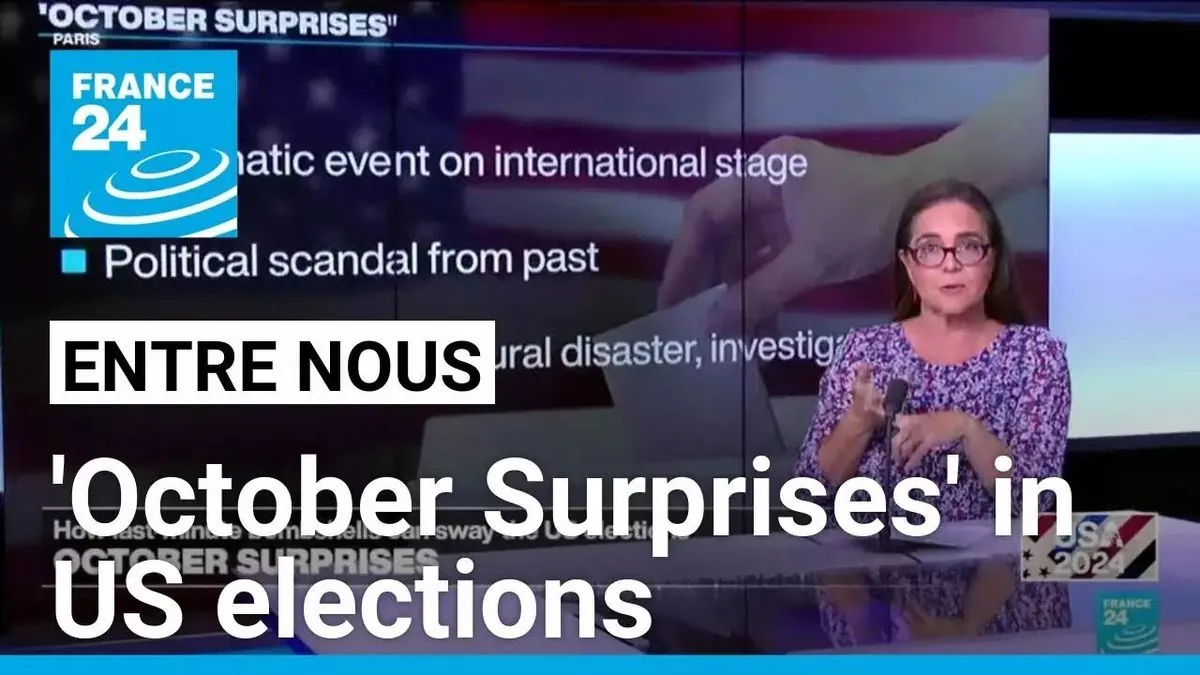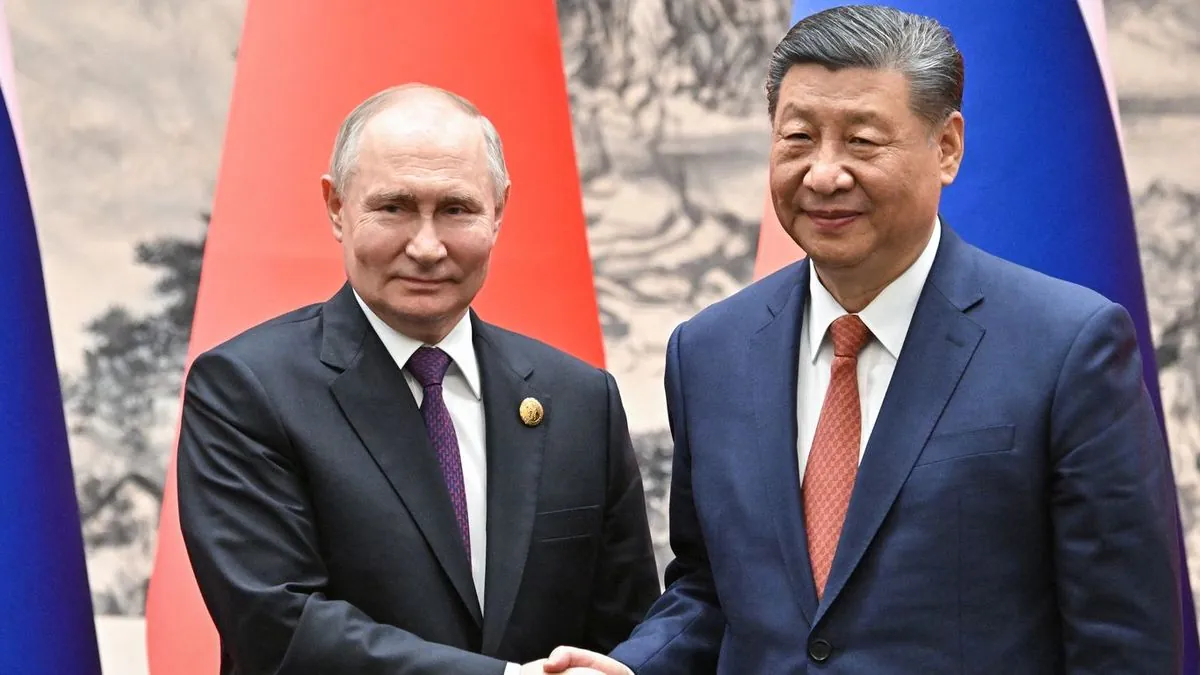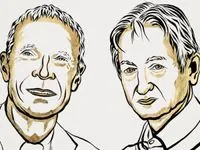October Surprises: Do They Really Sway US Elections?
Examining the history and impact of October surprises in US elections, from 1840 to present day. Despite dramatic revelations, evidence suggests these events may not significantly alter electoral outcomes.

In the realm of American politics, October surprises have been a source of anticipation and anxiety for over two centuries. These unexpected events or revelations, occurring in the month preceding a presidential election, have the potential to reshape the political landscape. However, a closer examination of history reveals that their impact may be less significant than commonly believed.
The term "October surprise" was coined in 1980 by William Casey, Ronald Reagan's campaign manager, who feared a last-minute deal to release American hostages in Iran. This concept, however, has roots dating back to 1840, when the first notable October surprise involved allegations of election fraud against Whig Party officials.
Throughout history, various October surprises have emerged:
- 1880: A forged letter scandal involving James Garfield
- 1884: The "Rum, Romanism, and rebellion" comment affecting James Blaine
- 1964: The Walter Jenkins scandal
- 1968: Secret negotiations with South Vietnam
- 1972: Henry Kissinger's premature "peace is at hand" statement
- 2000: Revelation of George W. Bush's 1976 DUI arrest
- 2012: Barack Obama and Chris Christie's bipartisan photo-op after Hurricane Sandy
- 2016: James Comey's letter about Hillary Clinton's emails
Despite the drama surrounding these events, their actual impact on election outcomes remains questionable. For instance, the 1972 US presidential election resulted in a landslide victory for Richard Nixon, despite Kissinger's controversial statement.

Two competing theories attempt to explain the dynamics of presidential elections:
- The game change theory, popularized by journalists like Theodore White, suggests that elections are defined by dramatic turning points.
- The structure theory, advanced by political scientists such as John Sides and Lynn Vavreck, argues that elections follow more predictable patterns based on big-picture dynamics.
Recent events, such as the intensifying conflict in the Middle East and revelations from Jack Smith's report on Donald Trump's efforts to overturn the 2020 election, could be considered potential October surprises for the 2024 election. However, current polls show a typically evenly divided electorate in swing states, reflecting the concept of the "50-50 electorate" that has persisted since the 1990s.
The resilience of established electoral patterns is evident in recent history. Even significant events like the COVID-19 pandemic did not dramatically alter the electoral map in the 2020 election. This stability suggests that the impact of October surprises may be overestimated.
"While October surprises generate intense media coverage, their ability to fundamentally change election outcomes in our deeply polarized political landscape is limited. Voters' preferences are often solidified well before these late-breaking events occur."
As early voting becomes increasingly common in US elections, the potential impact of last-minute revelations may be further diminished. The 2024 election, with its unique circumstances including a new candidate and shortened campaign schedule, could potentially buck this trend. However, history suggests that even if dramatic events unfold before Halloween, the established red-blue divide is likely to remain intact.
In conclusion, while October surprises continue to captivate public attention and fuel campaign anxieties, their actual influence on election outcomes appears to be less significant than commonly perceived. The enduring nature of America's political divisions seems to withstand even the most sensational last-minute revelations.


































